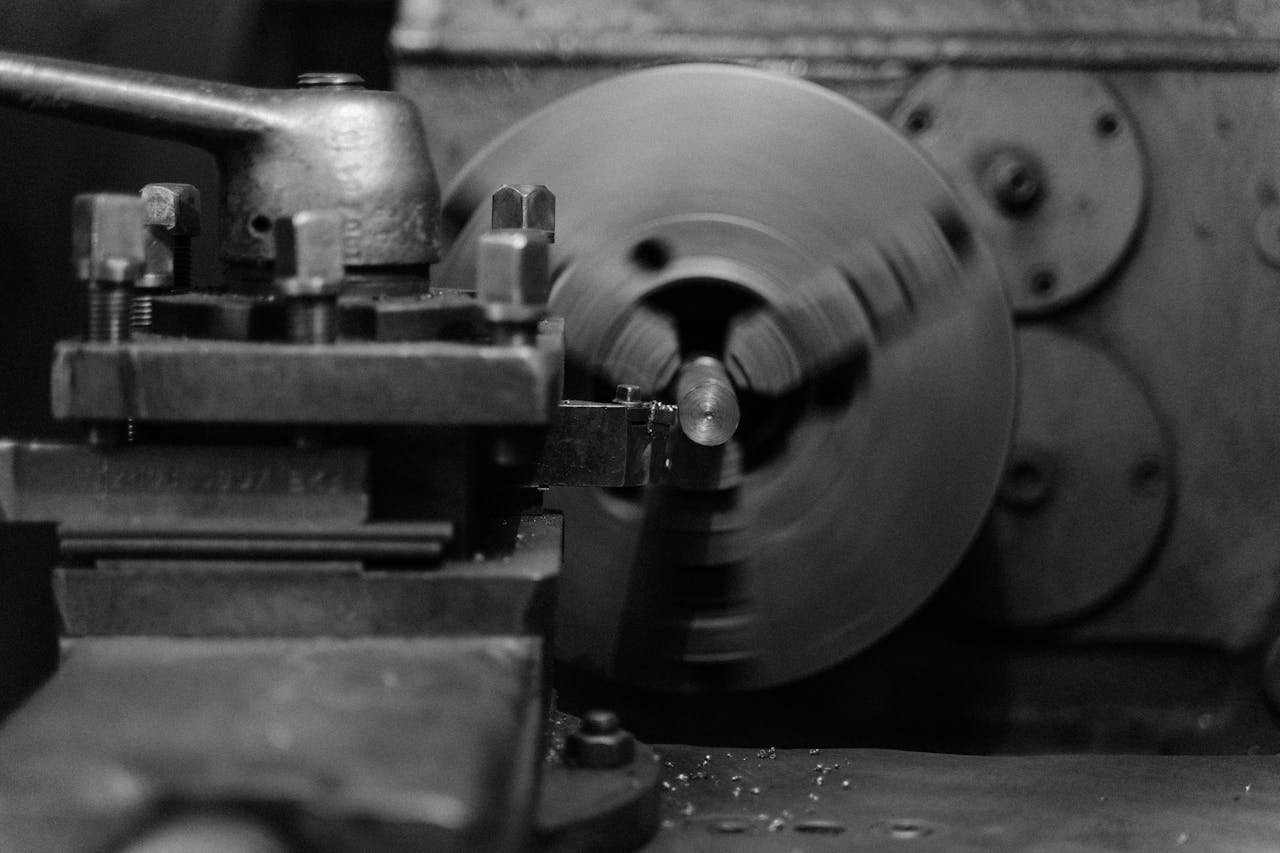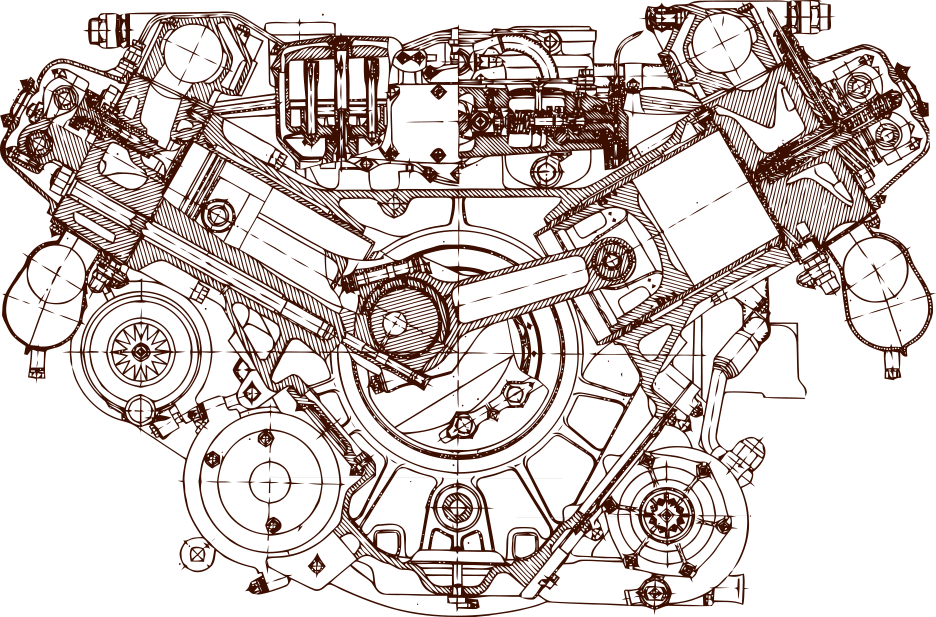With ongoing research in nanotechnology, AI-driven material design, and sustainable alternatives, the future of advanced materials promises even more durable, efficient, and eco-friendly solutions. Industries that embrace these innovations will stay ahead in the competitive manufacturing landscape.
How CNC Machining is Revolutionizing the Industry
Introduction
In today’s fast-paced industrial landscape, the demand for stronger, lighter, and more durable materials is driving innovation in manufacturing. From aerospace to medical devices, advanced materials are revolutionizing the way products are designed and produced.
What Are Advanced Materials?
Advanced materials refer to high-performance metals, composites, ceramics, and polymers that offer superior properties compared to conventional materials. These materials are engineered to enhance strength, heat resistance, and overall efficiency.

Key Types of Advanced Materials

Carbon Fiber Composites
Ideal for applications requiring high strength-to-weight ratios.

Smart Materials
Materials that adapt to environmental changes, such as shape-memory alloys and self-healing polymers.

High-Strength Alloys
Used in aerospace and automotive industries for lightweight yet robust components.

Ceramic Materials
Resistant to extreme temperatures, widely used in electronics and medical applications.
The Future of Advanced Materials in Manufacturing

Conclusion
The integration of advanced materials is reshaping modern manufacturing, enabling lighter, stronger, and more efficient products. As technology evolves, these materials will continue to drive progress across various industries, setting new benchmarks for performance and sustainability.
